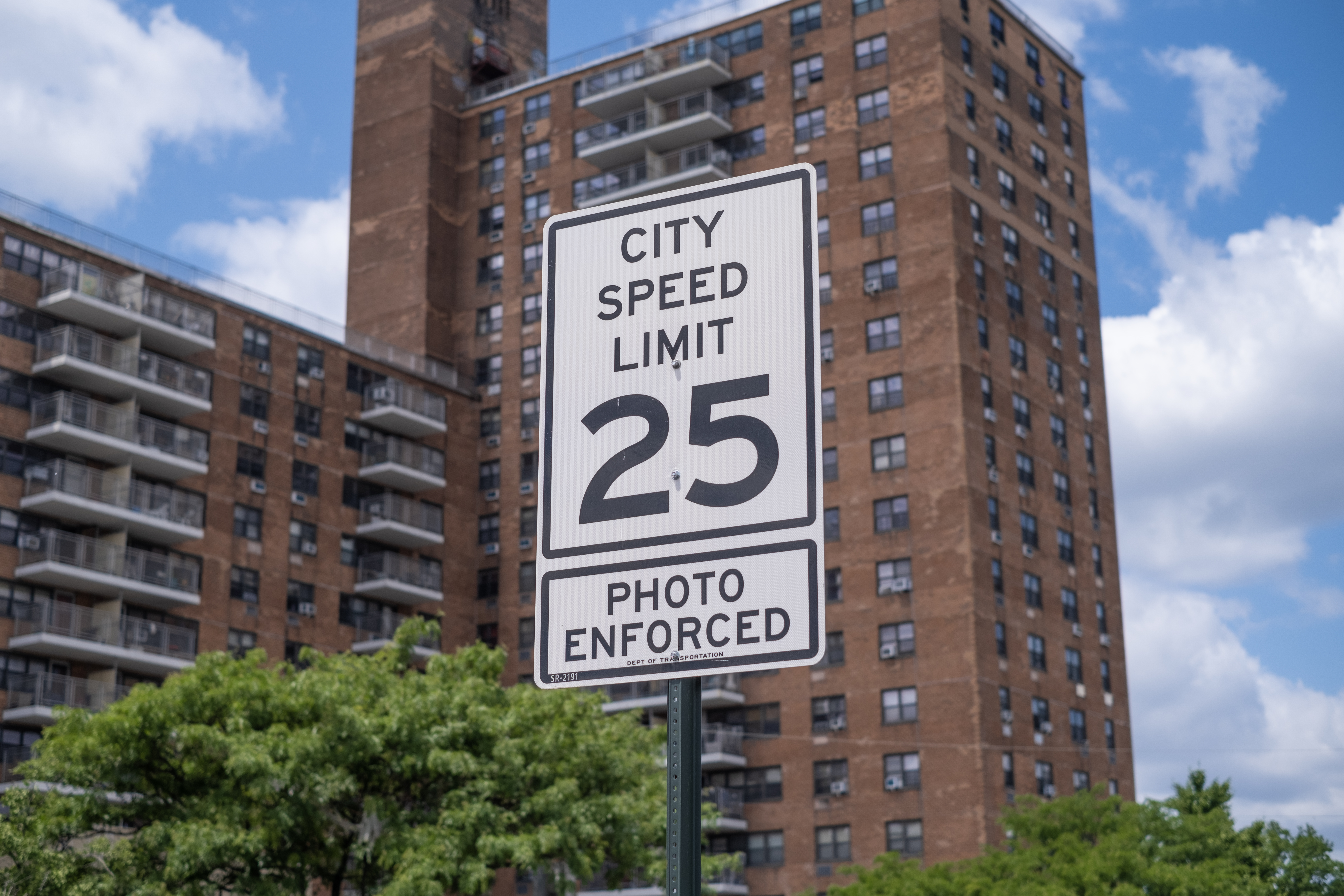New York is now requiring the testing and inspection of building cooling towers across the state to combat Legionnaires' disease following an outbreak in New York City that killed 12 people, Gov. Andrew Cuomo announced Monday.
Under the emergency health regulations, all owners of buildings with cooling towers will be required to register the structures with the state health department within 30 days. The cooling towers must be regularly tested for Legionella bacteria. And any contaminated towers must be disinfected immediately.
The regulations also spell out inspection requirements and penalties for violations of the testing rules.
"This summer's outbreak of Legionnaires' disease caused concern in communities across the state, and today we are moving forward to help prevent future outbreaks and keep our neighborhoods safe," the Democratic governor said in a statement. "I want to reassure all New Yorkers: We are addressing the problem at its source and protecting the public health, statewide."
The statement also announced the creation of a tip line, 1-888-769-7243, for questions about the new regulations.
Cooling towers in the Bronx are believed to have housed Legionella bacteria that led to the largest outbreak of the disease in New York City history. There have been 121 cases of the disease, which is a type of pneumonia that can be especially dangerous to the elderly and those with underlying health issues. Before the outbreak, no city records were kept as to which buildings had cooling towers.
The response to the outbreak by city officials and the state highlighted an apparent turf war between Cuomo and Mayor Bill de Blasio. Cuomo's office said Monday that the new statewide regulations were drafted in consultation with City Hall and the City Council, which last week passed new city regulations requiring inspections and cleanings of cooling towers.
No new cases of the disease have been reported since Aug. 3, but Bronx residents at a town hall meeting Monday night at Hostos Community College weren't entirely comforted.
Local
"The owners of the buildings don't care," complained one of the dozens of attendees.
Leslie Lyga of Mott Haven said she's been sick but avoided going to her local emergency room because it was one of the sites that tested positive for Legionella bacteria.
"There are other people who are sick and they repeatedly complain, 'is it from this?' I don't know. I'm here to get the information," she said.
Comptroller Scott Stringer, a critic of de Blasio's handling of the outbreak, scaled back his tone Monday.
"I think we were slow to react. Having said that, it's now time to react, it's now time to be proactive," he said. "I think the health department's doing that."
Dr. Jay Varma of the city's health department said, "We know that regulation won't stop every case of this disease but what we're trying to do is prevent something like this from happening again."
The governor's office released a summary of the new regulations, which are in effect for 90 days, at which point they will be adopted into permanent regulations. During the 90-day time period the regulations can be amended before they become permanent:
- Definition & Registration– The new regulations define a cooling tower as a tower, evaporative condenser or fluid cooler that is part of a recirculated water system incorporated into a building’s cooling, industrial process, refrigeration or energy production system. Any owner of a building with an existing cooling tower must register the tower with the State Department of Health within the next 30 days. Thereafter, all new cooling towers must be registered prior to initial operation. There is no cost to register a cooling tower with the State.
- Culture Sample Testing & Tower Disinfection–Any owner of a building with a cooling tower must collect samples and obtain culture testing within the next 30 days. Thereafter, testing must be performed every 90 days, or in accordance with a maintenance program and plan obtained by the building owner. Immediate disinfection is required if culture sample testing demonstrates a need.
- Maintenance Program & Plan– Any owner of a building with a cooling tower must obtain and implement a maintenance program and plan by March 1, 2016. The plan must include a schedule for routine sampling, as well as procedures for emergency testing and disinfection to destroy Legionella bacteria. Owners must maintain a copy of the plan on the premises where a cooling tower is located, and make it available immediately upon request.
- Inspection & Certification– All cooling towers must be inspected within the next 30 days, and thereafter every 90 days. All cooling towers must be certified as complying with all regulatory requirements by November 1, 2016, and thereafter annually by November 1 of each year.
- Electronic Registration & Reporting– Registration of cooling towers will be through a statewide electronic system. In addition to registration, all actions required by the new regulations must be reported to the electronic system, within 10 days of such actions being taken.
- Enforcement & Penalties – An officer, employee or agent of the Department or local health department may enter onto any property to inspect the cooling tower for compliance with the requirements of the regulation. If an owner does not properly register, certify, inspect, clean or disinfect their cooling tower the Department or local health department may determine that such condition constitutes a nuisance and may take such action as authorized by law.
The Department of Health will assist building owners and managers in obtaining information and assistance. The governor's office also offered the following links as assistance in obtaining information about professionals who may be eligible to work with building owners and managers in meeting the requirements in the regulations:
- Water Treatment Professionals: http://www.awt.org/find_water_treatment_professional/
- Licensed Engineers: http://www.op.nysed.gov/prof/pels/pecounts.htm
- Industrial Hygienists: http://www.abih.org/about-abih/public-roster
- Labs: http://www.wadsworth.org/labcert/elap/elap.html
- Certified Pesticide Applicators and Technicians: http://www.dec.ny.gov/permits/209.html (within larger database)



